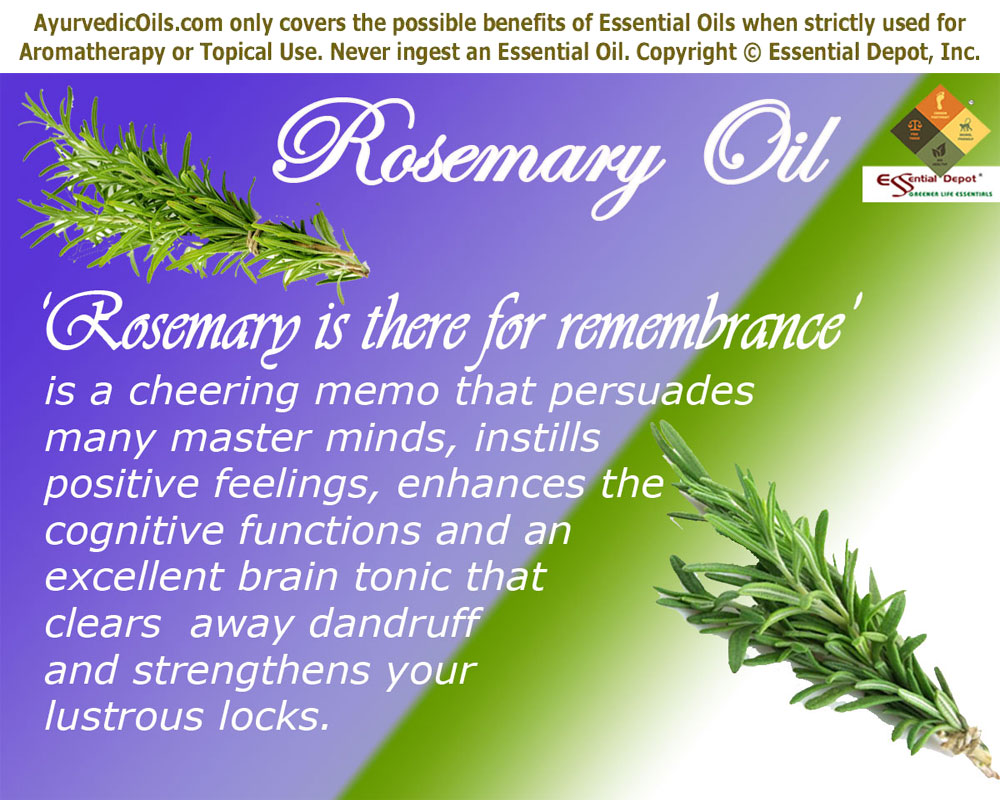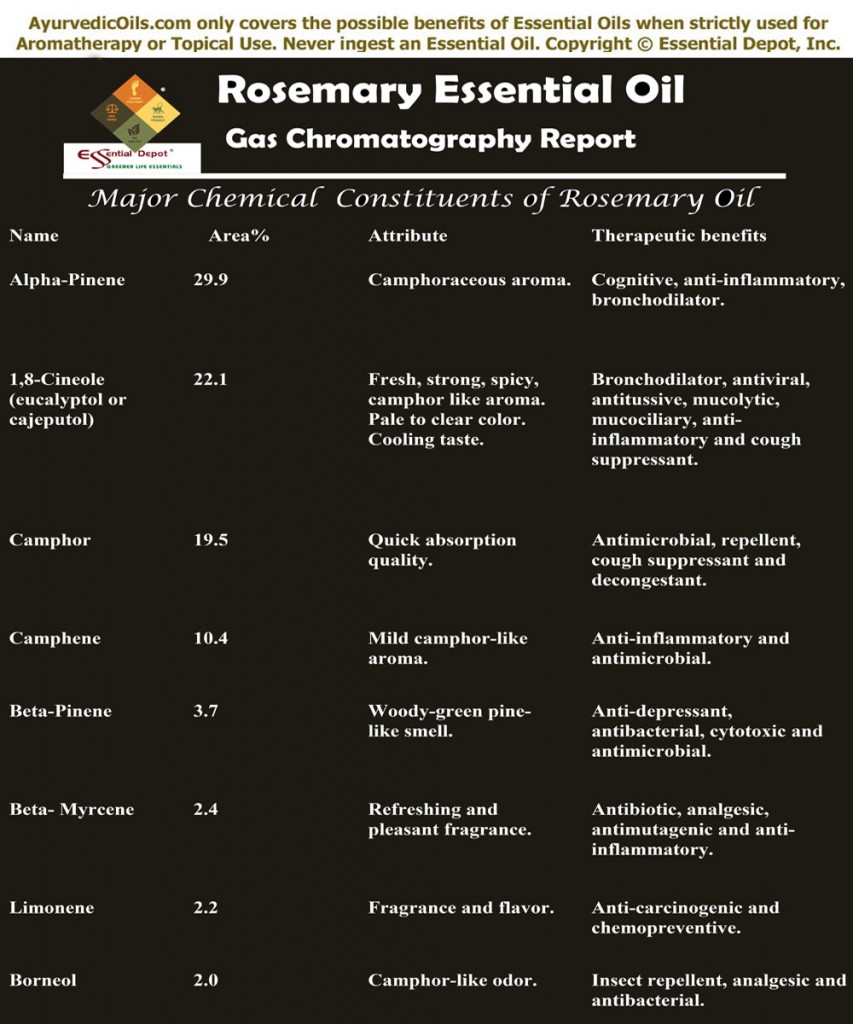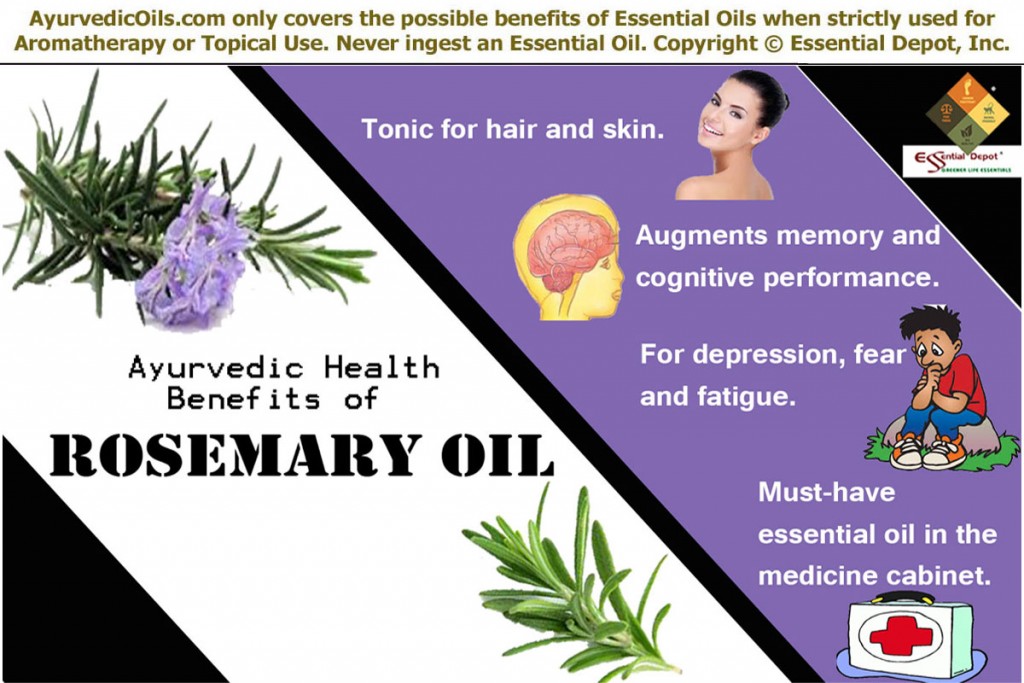Born with the celebrated siblings Neroli and Bitter Orange, Petitgrain is known to the world as emotionally harmonizing oil. The essential oil of Petitgrain is extracted from the leaves and twigs, where Neroli oil is extracted from the flowers and Bitter Orange oil is extracted from the rind of the fruits of the Bitter Orange tree. Trusted for attaining clarity of mind and mental wellness, Petitgrain essential oil has been used in Ayurveda as an excellent massage oil for treating inflamed tissues, muscular spasms and lymphatic damage.
Light Miller and Bryan Miller’s book on ‘Ayurveda and Aromatherapy’ quotes that Petitgrain essential oil has enhanced strength and freshness than the oil extracted from the fruit as it is distilled from the leaves and stems of the plant with an enhanced aura.
Purchase Petitgrain Essential Oil – Retail – CLICK HERE
Purchase Petitgrain Essential Oil – Wholesale – CLICK HERE
Historical uses of Petitgrain essential oil: The French name Petitgrain means ‘little grains’ or ‘little seeds’. It acquired this name because Petitgrain essential oil was initially extracted from unripe oranges that were just in the size of cherries. It is said that this oil is extracted from the leaves and twigs of a variety of Citrus species namely Citrus sinensis, Citrus aurantium, Citrus bigardia or Petitgrain bigarade and Citrus reticulata. Bitter orange tree is indigenous to tropical regions of Asia and eastern parts of Africa. Since the primordial times, this oil has been an important ingredient of the classic ‘Eau-de-Cologne’ and many other perfumes and cosmetics.
Numerous Complementary and Alternative Medical systems have recorded the traditional use of this oil for treating problems associated with digestion, nervous exhaustion and skin disorders. English herbalist Gerard suggests bitter juices of Citrus fruits for treating venomous bites, stings and worms. Theophrastus, the antique book talks about the use of oranges for scenting fabrics and warding off moths.
Therapeutic properties and chemical components: The chemical components of Petitgrain oil include linalool, geraniol, myrcene, neryl acetate, nerol, limonene, α-terpineol, trans-ocimene, geranyl acetate and linalyl acetate. The remedial properties of Petitgrain essential oil are antiseptic, deodorant, antibacterial, anti-spasmodic, nervine, relaxant, immune-stimulant, anti-infectious, clarifying, sedative, tonic and anti-depressant.
Ayurvedic health benefits of Petitgrain essential oil: Ayurveda is a systematic practice dealing with holistic healing as its base along with prevention of diseases, healthy aging and longevity. Ailment according to Ayurveda is a sharp signal that the human body is not in harmonization with nature. A systematic Ayurvedic treatment starts with a thorough examination where you should wear your heart on your sleeve and help yourselves know the most important things that contribute to your health and illness.
After an Ayurvedic consultation you will know the significant things of your health regime like the energy elements (doshas) contributing to your individual constitution (resembles your personality, attributes and nature), root cause of your illness, self-realization, detailed plan of a healthy diet that would suit you the best, Ayurvedic medications including essential oils, herbs, meditation, physical exercises, yogasanas and an organized Ayurvedic routine for an emotionally and physically fit living. Perfect balance of all the three doshas is a determining factor of your complete well-being. Dosha imbalances can be treated with the suitable Ayurvedic remedies. The Ayurvedic health benefits of Petitgrain essential oil are:
1. Health benefits as a massage oil or bath oil: Abhyanga or Ayurvedic massage is the ultimate therapy for relaxing the mind and comforting the body with the use of Ayurvedic essential oils. Skin is the best channel that aids the blood passage to absorb the therapeutic properties present in such essential oils and pass it on to the entire body and the psyche. A classic Ayurvedic massage is known to augment blood circulation, calm the mind, promote mental energy and enlighten the soul.
For a perfect massage blend, add 2 drops of Petitgrain oil with warm carrier oil like Almond oil to alleviate stress, control anger, lessen fear, treat nervous exhaustion, relax muscular spasms, calm stressed muscles, reduce menstrual pain and reduce rapid heartbeat. As a nervous stimulant and nerve tonic, this remedial oil aids in treating nervous afflictions, wear and tear of nerves due to prolonged stress and fortifies them. Adding 3 to 4 drops of Petitgrain essential oil in warm bathing water helps you vent out stress, tension, fear, anxiety, anger, pain, irritability and other negative feelings.
2. Benefits to the system when added to vaporizers or diffusers: Fragrance, scent, aroma, smell or odor, whatever form it may be has a strong impact on your sensory receptors and limbic system followed by the entire behavioral and emotional set-up. Adding 2 drops of Petitgrain essential oil to your air freshener, diffuser, vaporizer or burner will help you in attaining greater heights as it boosts the intellectual power, helps restore emotions, instills self- acceptance and self-love, promotes clarity of mind and augments the concentration power especially during prayers and meditation which empower the mind.
Petitgrain is an exemplary essential oil for those who are on the road to recovery after a trauma or an illness, either mental or physical. The stimulant, tonic and anti-depressant properties of this oil assists in quicker recovery by relaxing the mind, conquering addictions, clearing off mental depression and insecurity due to the memories of the painful moments, strengthening the nervous system and promoting peaceful sleep as many people during the process of recovery suffer from insomnia and other sleeping problems.
3. Nourishes your skin as a trusted topical application: Petitgrain essential oil is lighter and refreshing than Neroli or Bitter Orange oil, making it more suitable for skin problems when 3 to 4 drops of this oil are added to skin care creams and lotions. The natural antiseptic, antibacterial and anti-infectious properties of Petitgrain oil assists in fighting bacteria and other microbes that worsen wounds, cause septic, and give birth to acne and other skin infections.
Petitgrain oil plays a vital role in skin care as it helps clear skin blemishes, acne and oily skin. When used after a bath it keeps your skin moisturized all through the day. Cuts, wounds, burns, lesions and skin ulcers are also treated with this oil.
Other health benefits: Petitgrain essential oil is also regarded as an effective aphrodisiac. A study on ‘Antioxidant and anticancer activities of Citrus reticulate (Petitgrain Mandarin) and Pelargonium graveolens (Geranium) essential oils’ proved that there are about twenty-five components present in Citrus reticulate (Petitgrain mandarin) oil and this oil possessed antioxidant and anticancer activities. It is also used in the perfume industry for making fragrances for both men and women.
Disclaimer: Pure essential oils are highly concentrated liquids so never take them internally or use them directly on the skin. Always ensure that you dilute essential oils before any topical or aromatherapy uses. Consult your Ayurvedic practitioner about the suitability of any essential oil for your specific body type and health condition.
Thought for the day:
Green is the prime color of the world, and that from which its loveliness arises.
-Pedro Calderon de la Barca
Suggested Reading:
- Ayurveda & Aromatherapy: The Earth Essential Guide to Ancient Wisdom and Modern Healing by Dr. Light Miller, Dr. Bryan Miller
- The Essential Guide to Natural Skin Care: Choosing Botanicals, Oils & Extracts for Simple & Healthy Beauty by Hélène Berton
- Daily Aromatherapy: Transforming the Seasons of Your Life with Essential Oils by Joni Keim, Ruah Bull
Reference Links:
- Petitgrain Essential Oil by Yoga Wiz.com
- How to use Neroli and Petitgrain by Yahoo Voices!
- Antioxidant and anticancer activities of Citrus reticulate (Petitgrain Mandarin) and Pelargonium graveolens (Geranium) essential oils published in Research Journal of Agriculture and Biological Sciences
- Bitter Orange by National Center For Complementary and Alternative Medicine (NCCAM)



